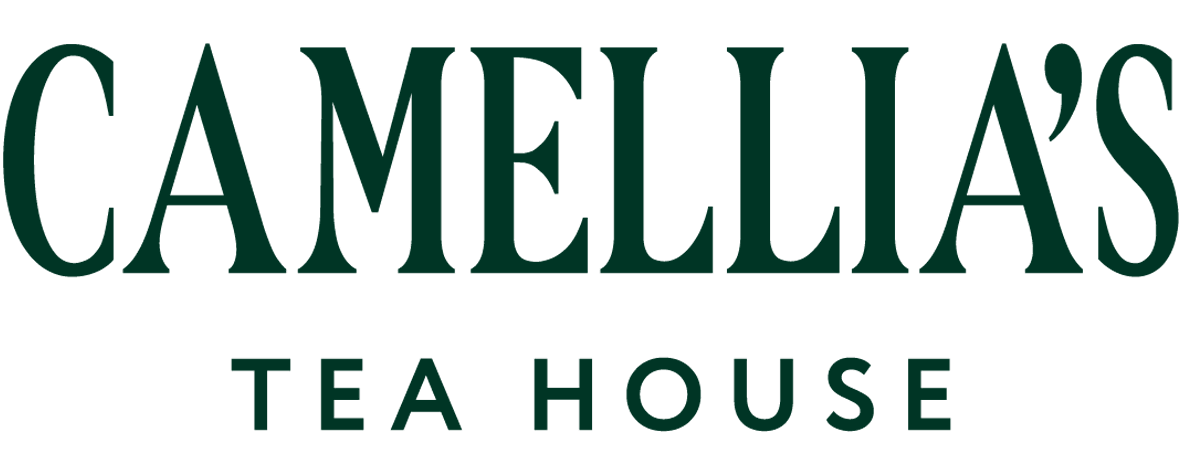Red Clover
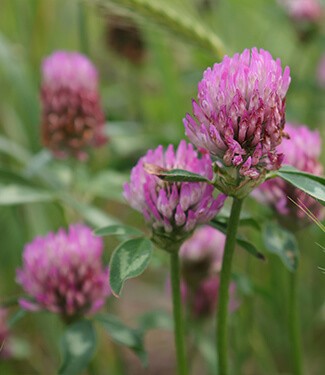
Trifolium pratense (Fabaceae)
Red clover is native to Europe and Asia and widely cultivated in North America and Australia. It can grow up to 40cm with a hairy upright stem. The flowerheads are pink or purple and collected when newly opened in the summer. The medicinal properties are found in the flowerhead. Red clover contains volatile oils including benzyl alcohol and methyl salicylate, isoflavones, coumarins and cyanogenic glycosides. These phytoestrogenic isoflavones are present in comparatively high concentrations. The isolated isoflavones are now marketed as a treatment for problems related to menopause.
Red Clover in History
Red clover has a rich history dating back centuries. It has been utilised for its medicinal properties for millennia. Ancient civilizations, including the Greeks and Romans, valued it for its various health benefits. In traditional folk medicine, red clover was commonly used to treat a range of ailments, including respiratory conditions, skin disorders, and menopausal symptoms. Breast cancer has long been treated with red clover. To encourage the tumour to spread out and exit the body, a strong decoction was given to the tumour location.
Folklore
Four-leafed clovers are considered to be lucky. Legend has it that the origin of the luck associated with four-leaf clovers traces back to Eve. As Adam and Eve departed the Garden of Eden, Eve supposedly picked a solitary four-leafed clover as a memento of paradise. This religious symbolism has imbued them with a sense of luck ever since.
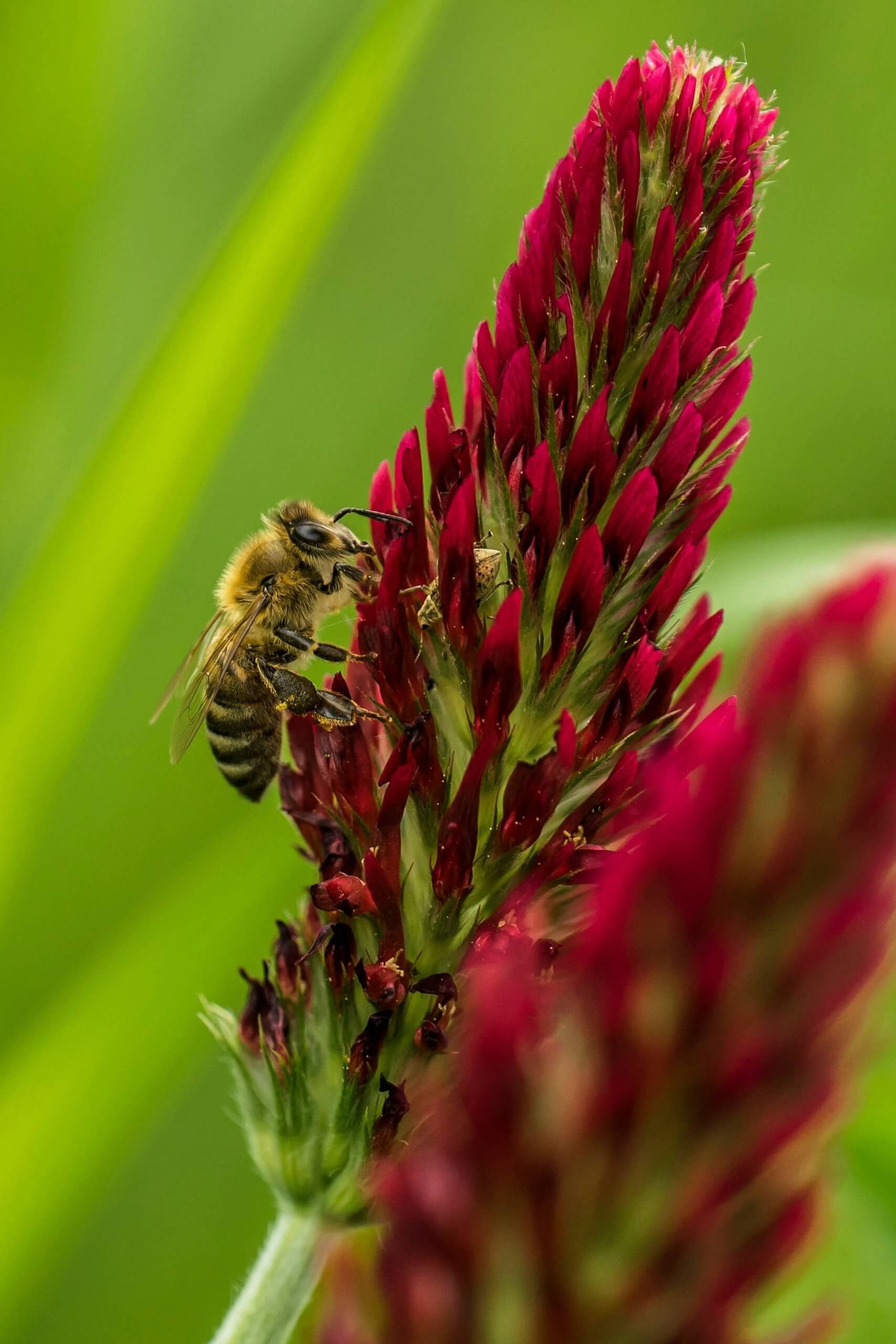
Fun Facts
1. Belongs to the legume family
2. There are over 300 species of clovers worldwide
3. Every 1 in 10,000 clovers are four-leafed
What Are The Health Benefits of Red Clover?
Skin conditions can be treated with red clover, usually in conjunction with other cleansing herbs. It can be used to treat spasmodic coughs and is also expectorant. Due to its strong phytoestrogenic properties, red clover is being used more often to treat menopausal symptoms, high cholesterol and osteoporosis.
Healthcare providers suggest that red clover aids in purifying the blood through its diuretic and expectorant properties, which assist in eliminating excess fluid and clearing the lungs of mucous. Additionally, it is believed to enhance circulation and support liver cleansing processes.
Menopause
Red clover isoflavones have been demonstrated to have therapeutic value during menopause, helping to lessen the impact of reducing oestrogen levels, as well as to have a protective effect on the heart and circulation in menopausal women, according to research. These isoflavones have an established phytoestrogenic activity that mimics oestrogen and may help alleviate hot flushes and night sweats.
Can red clover alleviate night sweats?
Clinical trials have demonstrated that red clover isoflavones, acting similarly to oestrogen, can reduce both hot flushes and night sweats.
Bone Health
Some studies have indicated that red clover may help prevent bone loss in people with osteoporosis. Menopause is a normal stage of life, but with the depletion of oestrogen there is a significant loss of bone density during and after menopause, which might eventually result in osteoporosis. Studies and clinical trials have shown that red clover isoflavones can reduce the risk of osteoporosis and increase bone mineral density. Further studies are needed, but the results so far are promising.
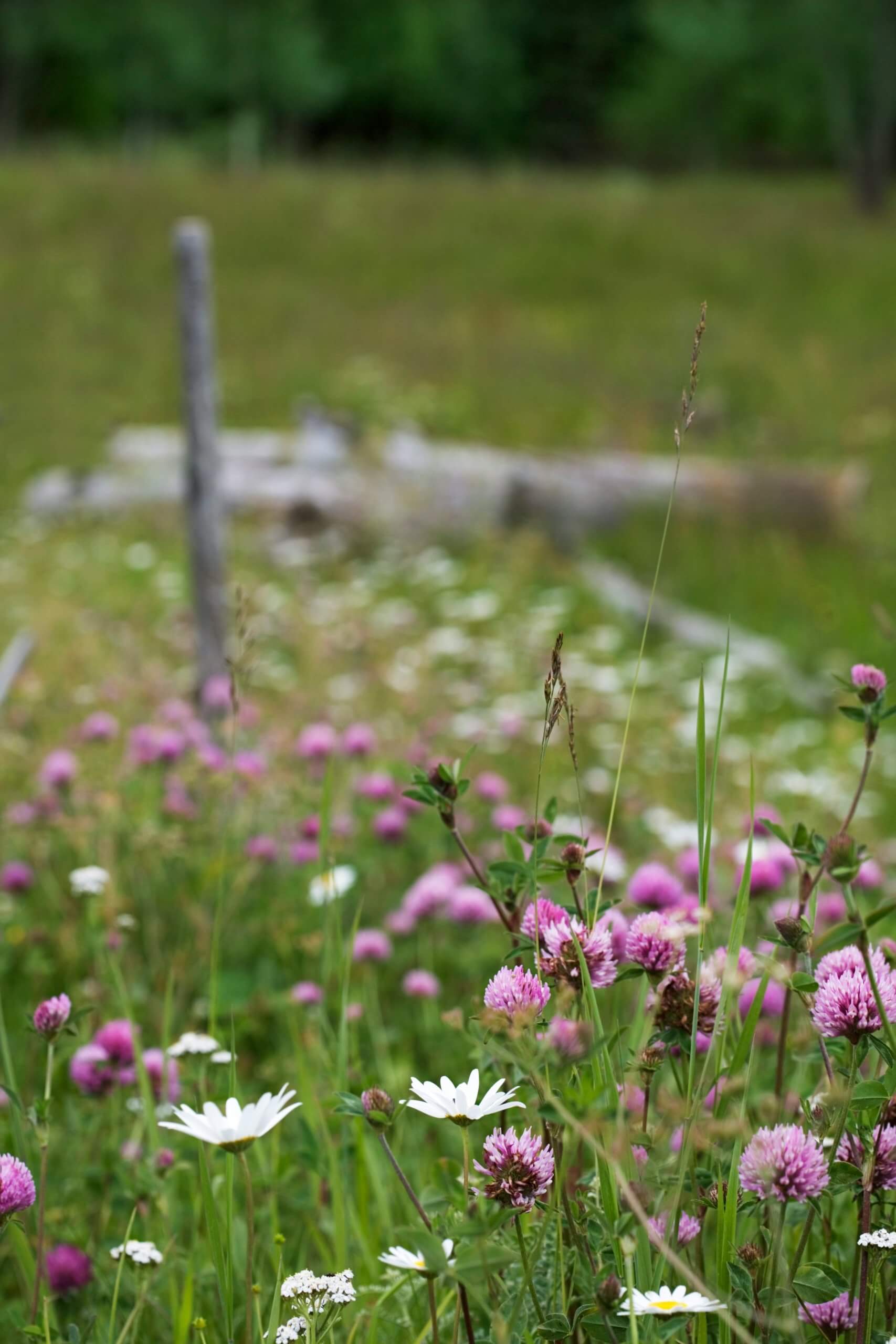
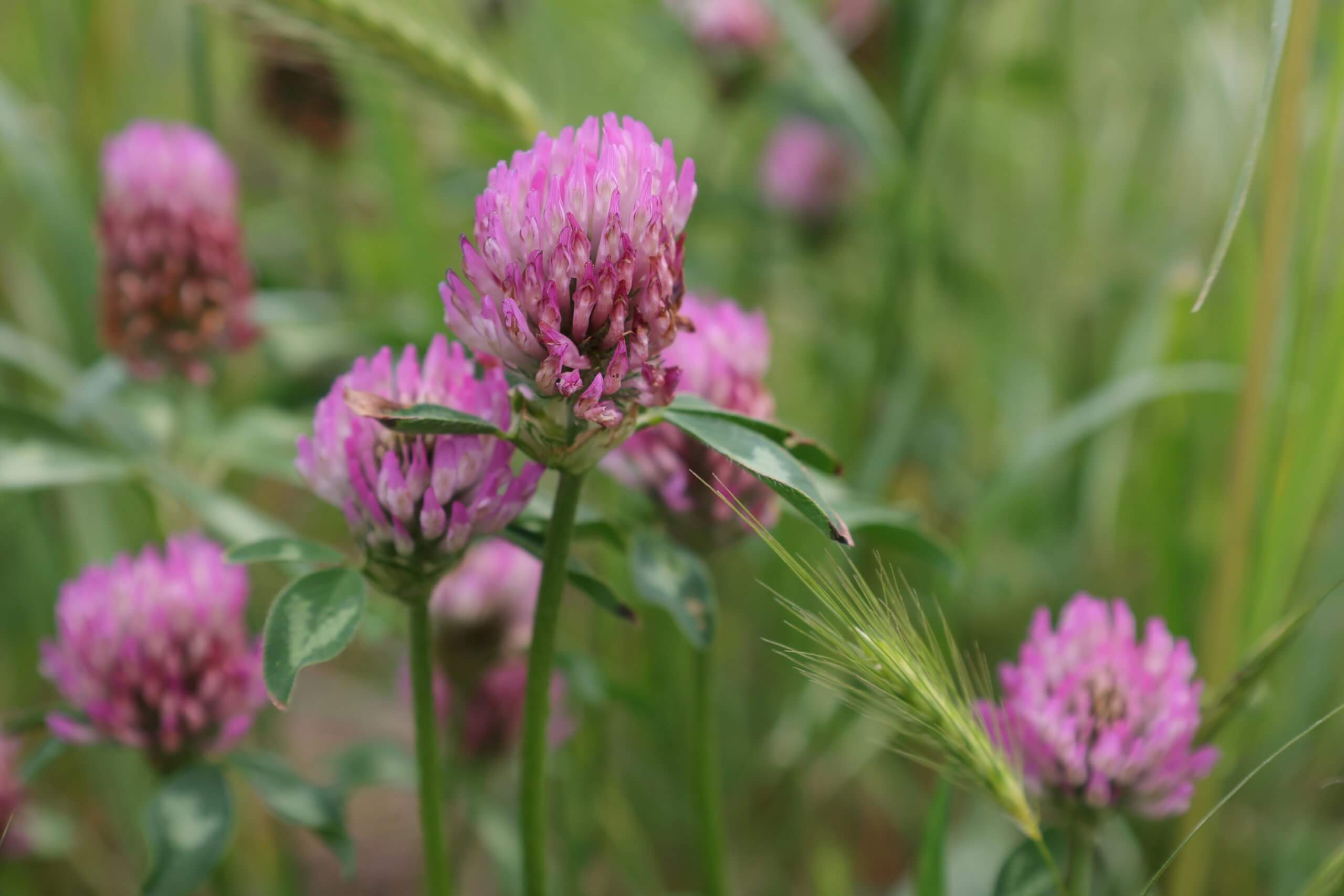
Cardiovascular Health
In a study, menopausal women who took red clover supplements showed improved arterial compliance, potentially reducing the risk of heart disease. Red clover may also possess blood-thinning abilities, preventing the formation of blood clots, enhancing blood circulation and guard against heart disease by boosting HDL “good” cholesterol levels.
Can red clover reduce LDL cholesterol?
Red clover may increase HDL known as the “good” cholesterol because it helps remove other forms of cholesterol (LDL) from the bloodstream. Higher levels of HDL cholesterol are associated with a lower risk of heart disease.
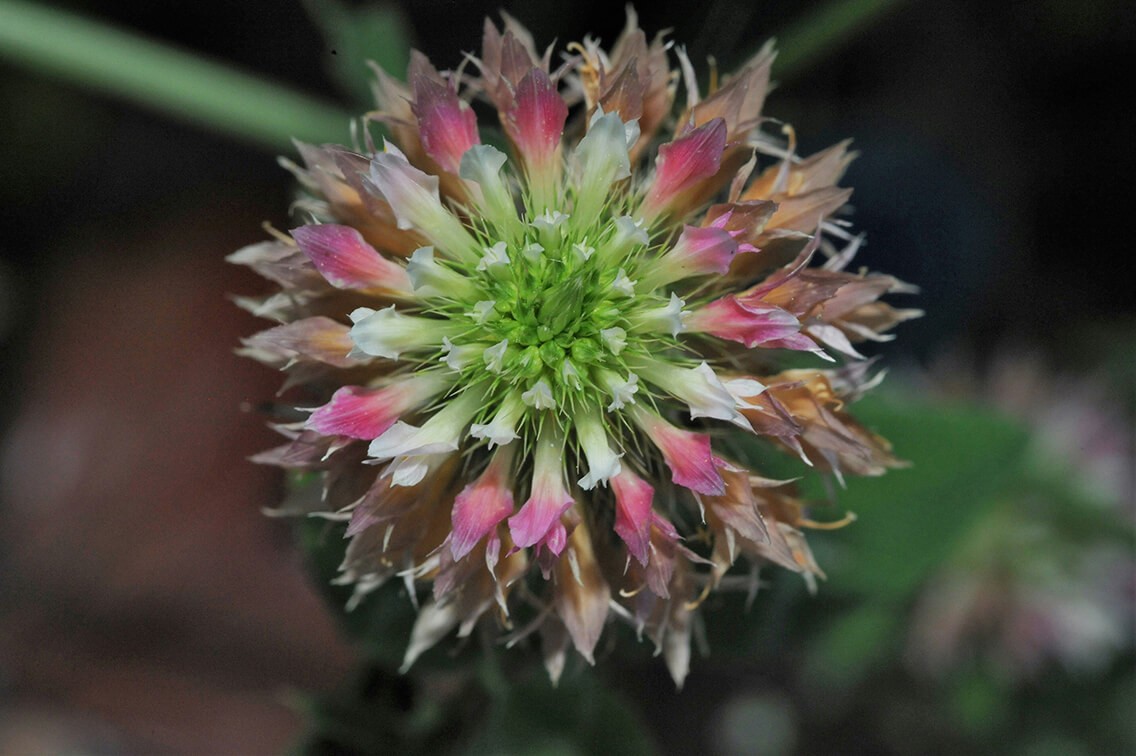
Skin Health
Red clover may benefit skin health due to its anti-inflammatory properties and potential ability to support collagen production. It can help soothe skin conditions like eczema and psoriasis when applied topically. Additionally, its antioxidant content may help protect the skin from oxidative stress and damage caused by free radicals, promoting overall skin health and radiance. A study was carried out on 109 postmenopausal women, where significant improvements were reported in hair and skin texture, appearance, and overall quality after taking red clover extracts
Any Contraindications?
The Food and Drug Administration (FDA) and Mount Sinai finds red clover to be generally safe, and the majority of research indicate that it is well tolerated. Those with hormone-related health conditions, should speak to their health practitioner before taking red clover.
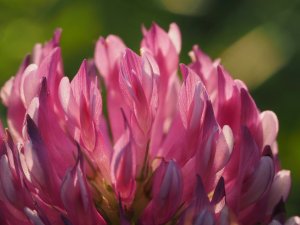
Teas With Red Clover
Red clover has been included in our Radiant, Cleanse, and Meno Balance tea (coming soon) for its versatile benefits. Its inclusion enriches the tea’s holistic approach to well-being, catering to multiple health needs simultaneously.
Cleanse combines traditional botanicals used in herbalism since ancient times, to support the detoxifying organs such as the liver, kidney and skin. The addition of red clover assists the liver’s cleansing capabilities and supports the elimination of toxins.
Radiant, a synergistic blend of therapeutic herbs renowned for their skin-nourishing and detoxifying properties, receives an added boost from red clover. With its anti-inflammatory properties and rich antioxidant content, red clover may contribute to alleviating skin conditions such as eczema and psoriasis, enhancing the blend’s effectiveness.
Meno Balance, a scientifically driven new development has been meticulously crafted with botanical herbs to support symptoms associated to menopause. Additionally, the inclusion of red clover, rich in isoflavones, has been reported to offer potential relief from hot flushes and support cardiovascular well-being
Disclaimer
This website contains general information about the traditional use of herbal teas. The information is not advice, and should not be treated as such. If you have any specific questions about any medical matters you should consult your doctor or other professional healthcare providers.
